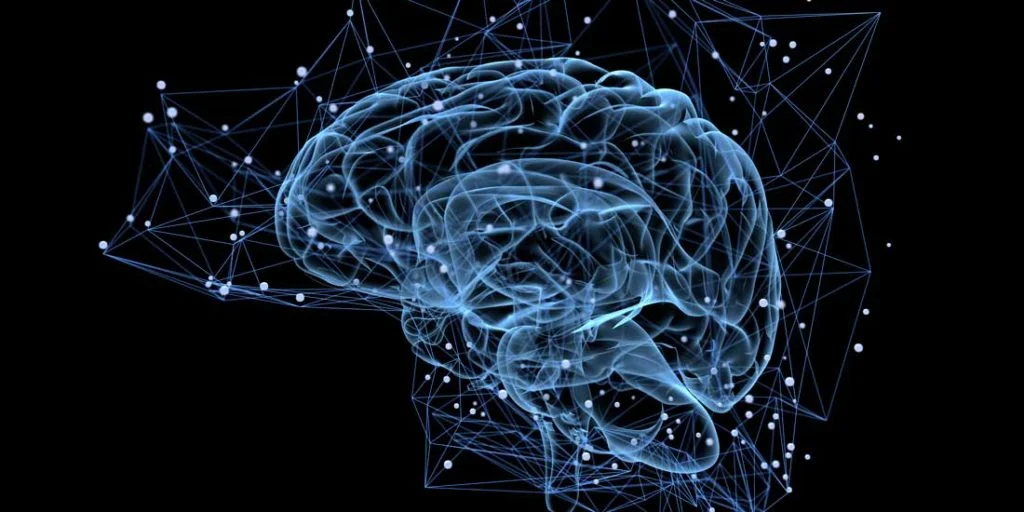My Approach to Attention Deficit Disorder
The name of the condition used to be ADD (Attention Deficit Disorder), but changed in DSM-5 to ADHD (Attention Deficit Hyperactivity Disorder), with specifiers of combined (inattentive/hyperactive), predominantly inattentive, and predominantly hyperactive. Most patients I treat for ADHD have the predominantly inattentive form of ADHD.
ADHD is diagnosed based on observed signs and reported symptoms (difficulty sustaining attention, being easily sidetracked, difficulty with tasks which require sustained mental effort, etc.) as opposed to the underlying cause (etiology). There are likely multiple causes that can lead to such symptoms. For example, if an individual, not usually exhibiting signs of ADHD is deprived of sleep, they may present with ADHD symptoms. Other conditions, which may show as ADHD symptoms, include anxiety and depression.
One of the most frequent underlying causes of ADHD symptoms that I see is a different way of thinking/processing information. I have observed that many individuals with ADHD tend to think in multiple parallel streams. This allows for faster information processing, creativity (when those streams intersect), and productivity (under right conditions). Yet, this pattern of thought can also cause an inability to stay on topic, difficulty being linear, and difficulty paying attention. At the other end of the spectrum are individuals who think in an entirely serial manner, and are able tolerate feelings of boredom.
There is a spectrum of cognitive style, with multiple parallel streams of thoughts on one end, and a completely serial way of thinking on the other. Depending on where one falls on the spectrum and the environment they are in, they may or may not have attention difficulties consistent with a diagnosis of ADHD.
So is it a disorder? The definition of disorder is “to disturb the regular or normal functions of.” If we are referring to regular/normal educational, occupational, or social functions, then yes, ADHD can cause difficulties in those realms. If we are referring to cognitive abilities, then I do not think of ADHD as a disorder. Rather, I see it as a mismatch between one’s way of thinking and their environment. Since we rarely get to choose our environment, treating the symptoms of ADHD allows one to be more effective in multiple realms of everyday life.
